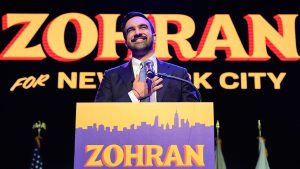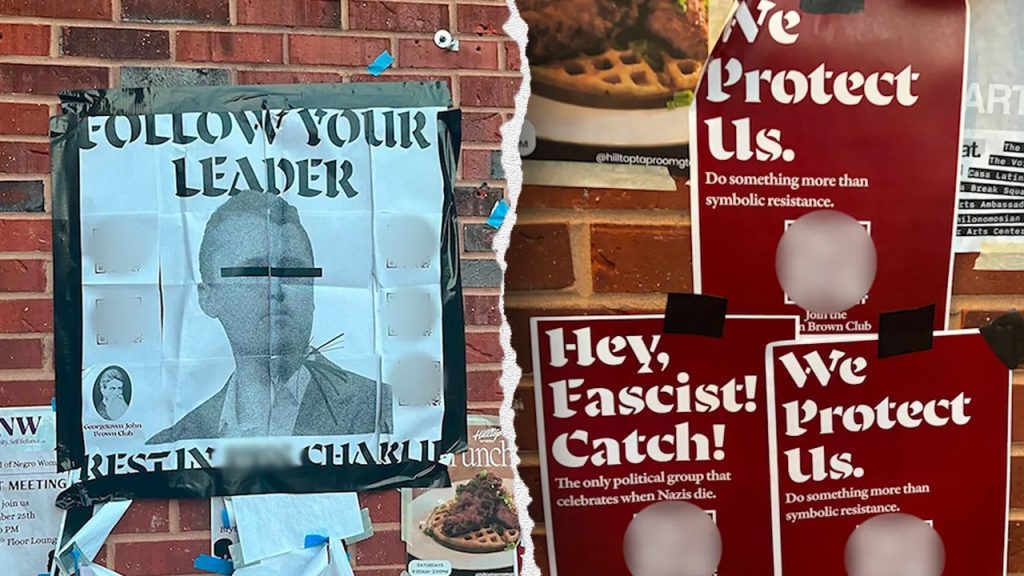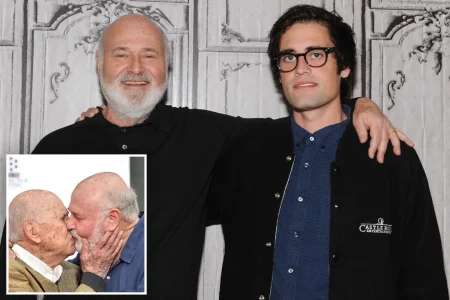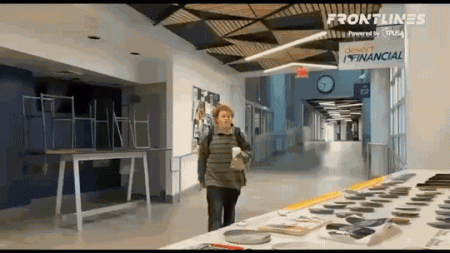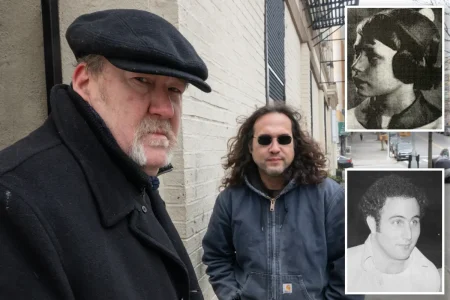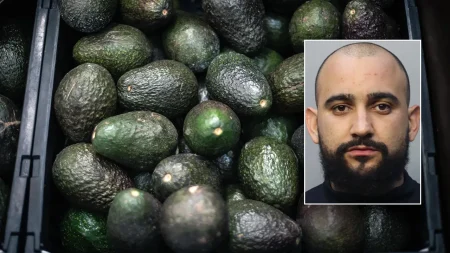UNC Professor’s Ties to Far-Left Gun Group Spark Controversy
In a time of growing political tensions across America’s campuses, the revelation that a University of North Carolina professor is linked to a controversial far-left gun group has raised questions about the intersection of academic freedom and extremist affiliations. Dwayne Dixon, who teaches Asian and Middle Eastern Studies at UNC-Chapel Hill, is identified on the Redneck Revolt website as a member of its Silver Valley chapter. This connection has drawn attention amid increasing concerns about politically motivated violence from both ends of the spectrum, especially following recent incidents at immigration facilities and the attempted assassination of conservative commentator Charlie Kirk.
Redneck Revolt, described by the Counter Extremism Project as a far-left organization, positions itself as an armed community defense group opposed to capitalism and traditional state institutions including police and courts. The group is an offshoot of the John Brown Gun Club, which has been linked to violent incidents at Immigration and Customs Enforcement facilities in Washington in 2019 and Texas earlier this year. The group made headlines recently when recruitment flyers appeared at Georgetown University bearing provocative language that referenced the Charlie Kirk assassination attempt, stating “Hey fascist! Catch this!” and describing themselves as “The only political group that celebrates when Nazis die.” Georgetown officials removed the flyers and condemned political violence, while a QR code on the materials led to a message suggesting the group was “done with ceremonial resistance and strongly worded letters.”
Dixon’s history with the group has involved several brushes with the law, though none resulted in convictions. In 2017, he reportedly appeared at a protest in Durham, North Carolina, carrying a semi-automatic rifle, leading to misdemeanor charges that were later dropped. He was also present at the infamous 2017 Charlottesville rally where a counter-protester was killed. The following year, Dixon faced simple assault charges during unrest surrounding the toppling of the Silent Sam Confederate statue at UNC, though these charges were also dismissed. A student interviewed at the time claimed Dixon frequently discussed politics in class, raising questions about the appropriate boundaries between professors’ personal activism and their classroom responsibilities.
The Charlottesville incident led to legal complications for Redneck Revolt when the city and several business owners sued the group, alleging violations of anti-paramilitary laws and public nuisance statutes. Rather than proceeding to trial, the group entered into a consent decree with the city. In their public statements, Redneck Revolt characterized the lawsuit as “harassment” and “state repression of anti-racist activists,” while arguing they were providing community defense against what they viewed as fascist and white supremacist threats. Their legal defense was supported by prominent progressive legal organizations, highlighting how these confrontations have become part of a broader political and cultural conflict playing out across American society.
When contacted about Dixon’s affiliation with the group, UNC-Chapel Hill issued a measured response, emphasizing that while the university “respects the constitutional rights of faculty, staff and students, including freedom of speech and association,” this applies only “as long as those activities are lawful and carried out in a personal capacity.” The spokesperson added that the university “does not monitor or comment on the lawful personal activities or political views of individual employees” while making clear that the institution “condemns all forms of violence.” This careful framing reflects the delicate balance universities must maintain between protecting academic freedom and ensuring campus safety amid increasingly polarized times.
The controversy surrounding Dixon connects to a larger pattern of incidents involving the John Brown Gun Club and its affiliated groups. In July 2023, Benjamin Song, identified as a member of the group’s Elm Fork Chapter, was charged with attempted murder of federal agents after allegedly attacking an ICE facility in Texas. In 2019, Willem van Spronsen, another member, died while attempting to attack an ICE detention center with Molotov cocktails and by trying to ignite a propane tank. Van Spronsen left behind writings identifying himself with Antifa and was subsequently portrayed as a martyr by some within far-left movements. These incidents illustrate the real-world consequences when ideological convictions cross into violent action, a phenomenon that has become increasingly concerning on both ends of the political spectrum.
As universities grapple with defining the boundaries of acceptable political expression and affiliation for their faculty, cases like Dixon’s highlight the complexity of these issues. Academic institutions must balance their commitment to free speech and intellectual diversity with concerns about extremism and potential violence. The situation raises important questions about whether professors’ involvement with groups that advocate armed resistance, regardless of political orientation, is compatible with their roles as educators. As America continues to experience political polarization, these tensions between personal activism, professional responsibilities, and institutional values will likely remain at the forefront of debates about the proper functioning of our educational institutions and democratic society.

